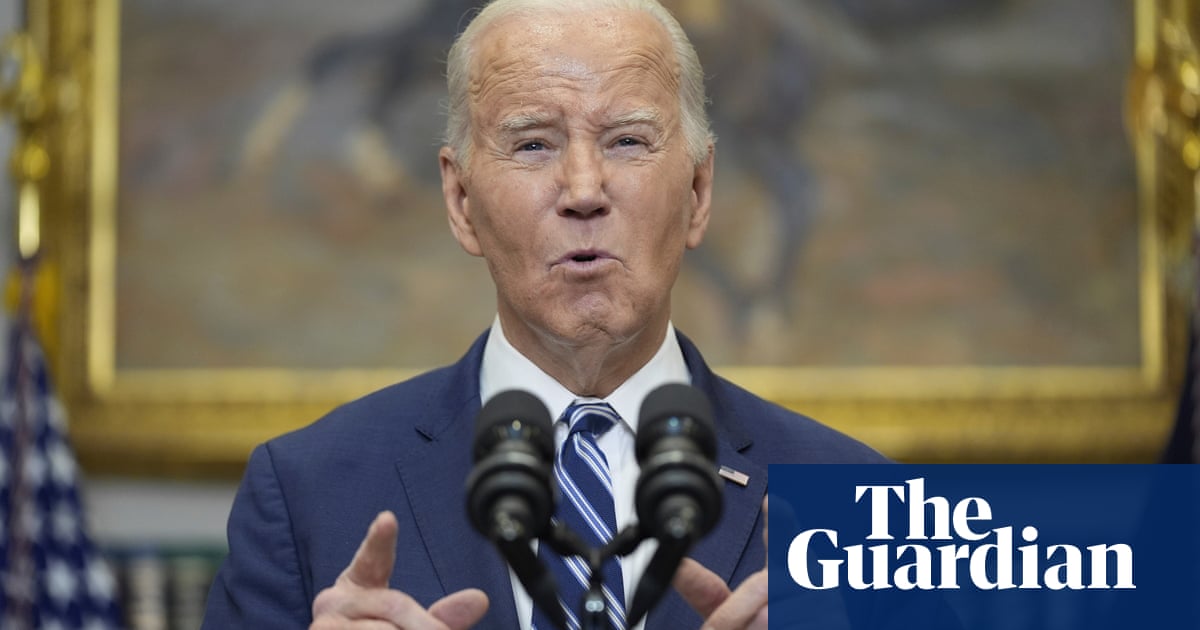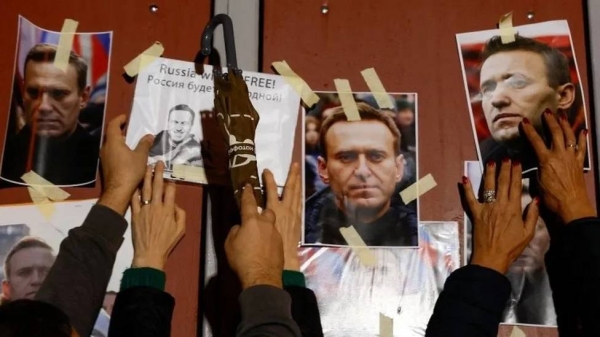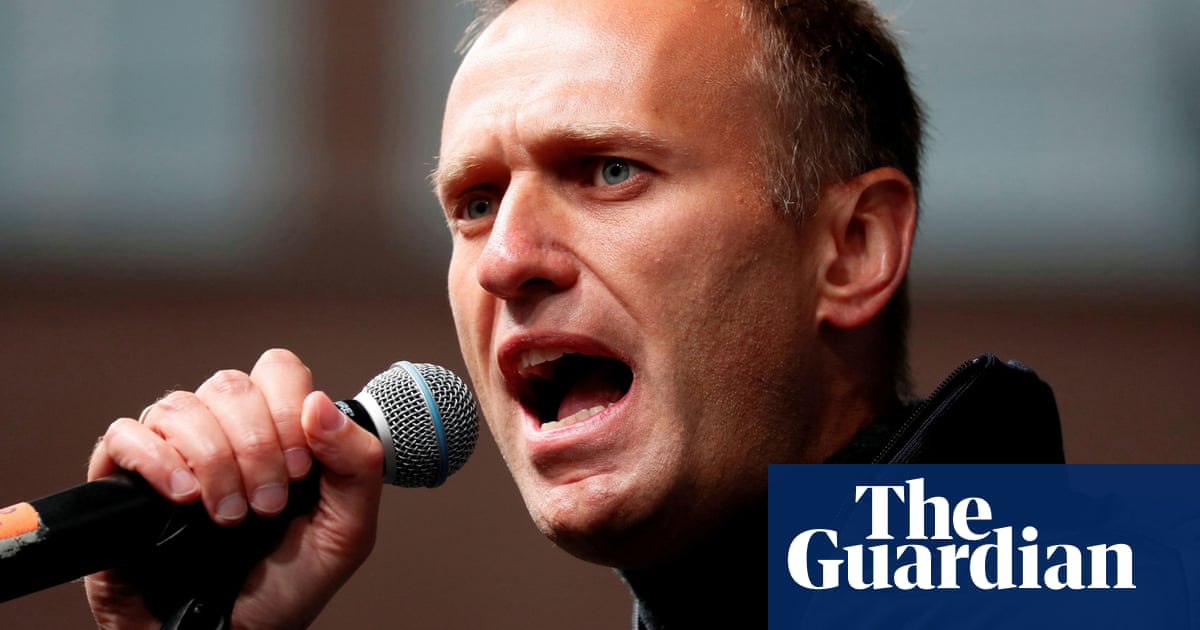
ero of the week, at the front of an exceptionally competitive field – the 22-year-old inauguration poet Amanda Gorman, the health workers who have been heroes for almost a year – has to be the Russian opposition leader Alexei Navalny. Not only did he voluntarily return to the country where he was almost killed by poisoning, but he marked his immediate arrest by getting his team to release the most politically devastating home makeover show of all time.
The unwilling recipient of his Kevin McCloud treatment was President Vladimir Putin, the man who conceivably had something to do with Navalny’s poisoning and imprisonment, who will be riled beyond measure by the film. It states that money skimmed from the purchase of medical equipment (among other sources) paid for a $1bn, 18,000 sq metre Italianate secret palace on a clifftop Black Sea estate several times the size of Monaco. Through the detailed use of satellite and drone footage, snaps by building workers and architectural drawings, the film brings to your screen the complex’s tsarist eagles, its underground ice-hockey rink, its purple pole-dancing venue, its private theatre, its room for toy car racing, its £40,000 side table with a built-in bar. As Lanfranco Cirillo, the palace’s hitherto obscure architect, has rightly said: “There is a big difference between an expensive home and a classy, elegant home.”
You have to wonder at its sheer physical repulsiveness. It style is global kleptocratic (see also the palaces of Recep Tayyip Erdoğan and Donald Trump), where hamfisted takes on historic periods fuse with an 007-ish idea of glamour that hasn’t moved on much from 1970s hotel casinos. Was it really worth spending all those years cosying up to gangsters, and lying, cheating, bullying and watching your own back, to end up in this machine for misery, which vacuums what is left of your soul from the recesses of your being, even as its visual atrocities poke you repeatedly in the eye? In a twist laden with schadenfreude, it turns out that the palace is being substantially renovated. It was so badly built that it is infested with damp.
Gone but not forgotten
Speaking of heroes, I have previously celebrated Aaron Van Langevelde, the Republican lawyer on Michigan’s board of state canvassers who, in the face of extreme pressure, voted to certify Joe Biden’s victory in his state. Which, of course, means that the Michigan Republican party has, without asking Van Langevelde’s view, chosen not to renew his term when it runs out at the end of the month. I don’t know if word of this column ever reaches Lansing, Michigan, but I’d like him to know that round here his name will live for ever.
True Indian flavour
The India Club in the Strand, London, is a piece of 20th-century history. It was founded in 1951 by the India League, the group originally formed to campaign for the independence of India, whose supporters included Jawaharlal Nehru and Bertrand Russell. That mission accomplished, they set up the club to further their aim of cultural understanding between India and the UK.
Its simple, democratic dining room and its shabby-genteel lounges recall versions of both London and of India that are fading away, which inevitably means that it is under threat. Its landlords, having failed with a planning application to replace it with hotel rooms, are now hiking the rent by 80% and giving notice to quit.
The club is currently campaigning to save itself. I wish them all possible luck in resisting what would be another flattening-out and smoothing-over the past.
• Rowan Moore is the Observer’s architecture critic












